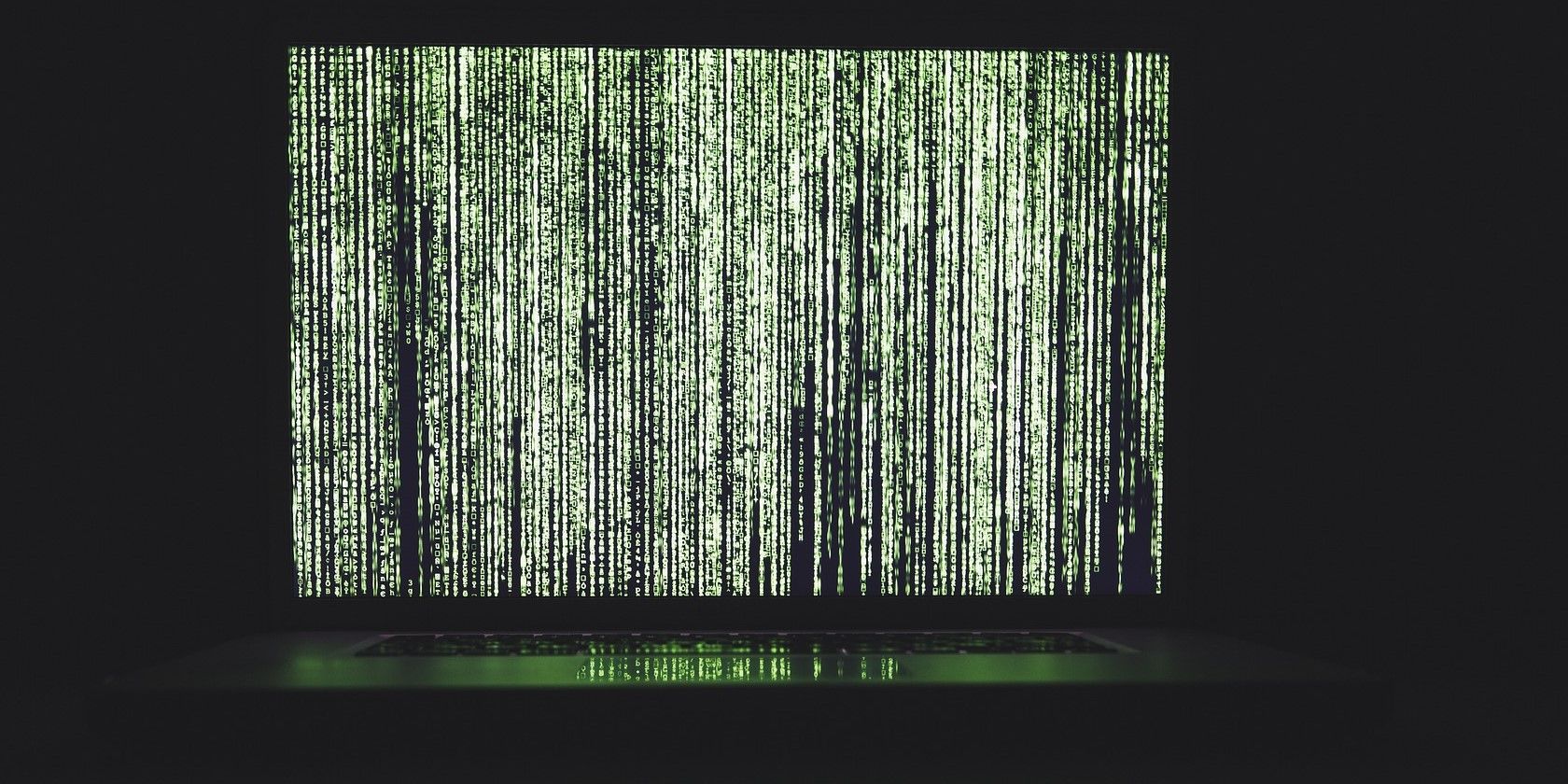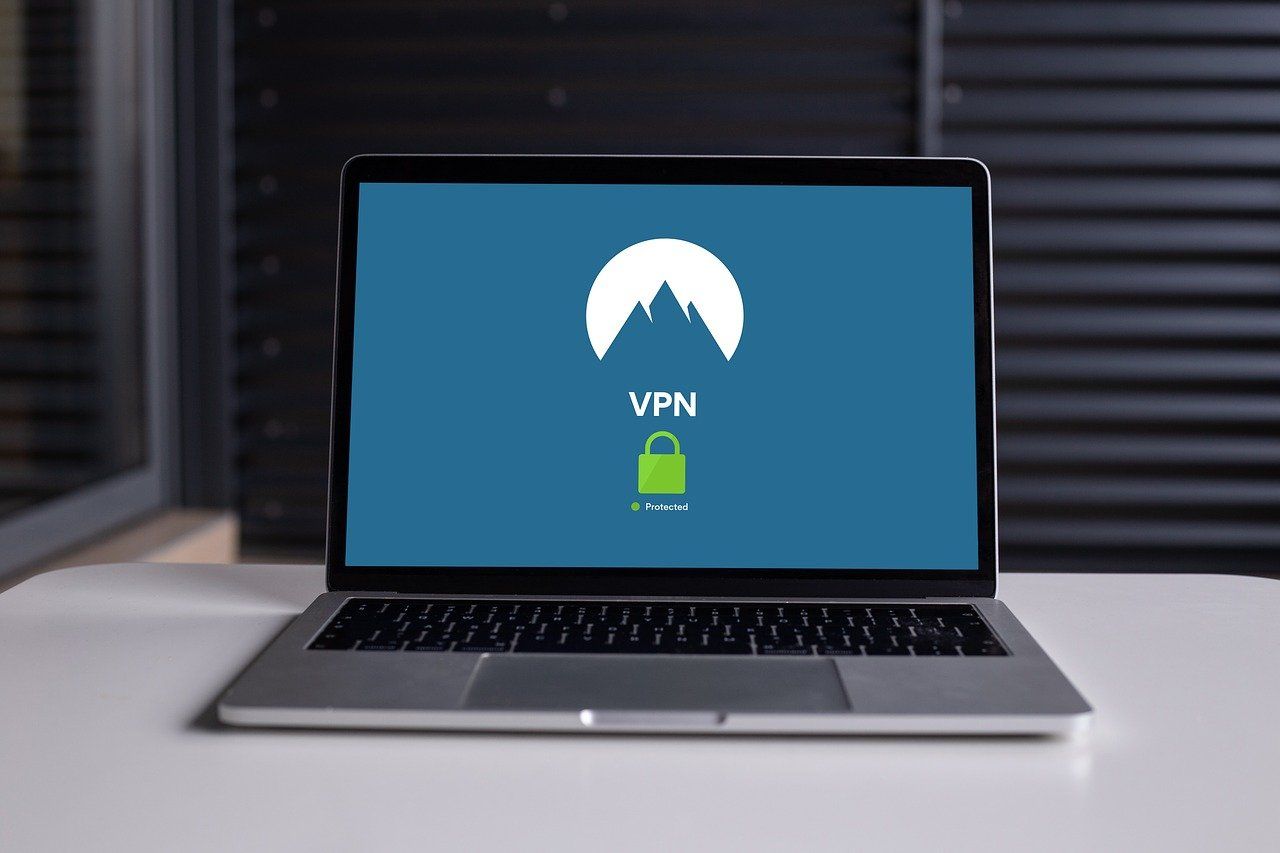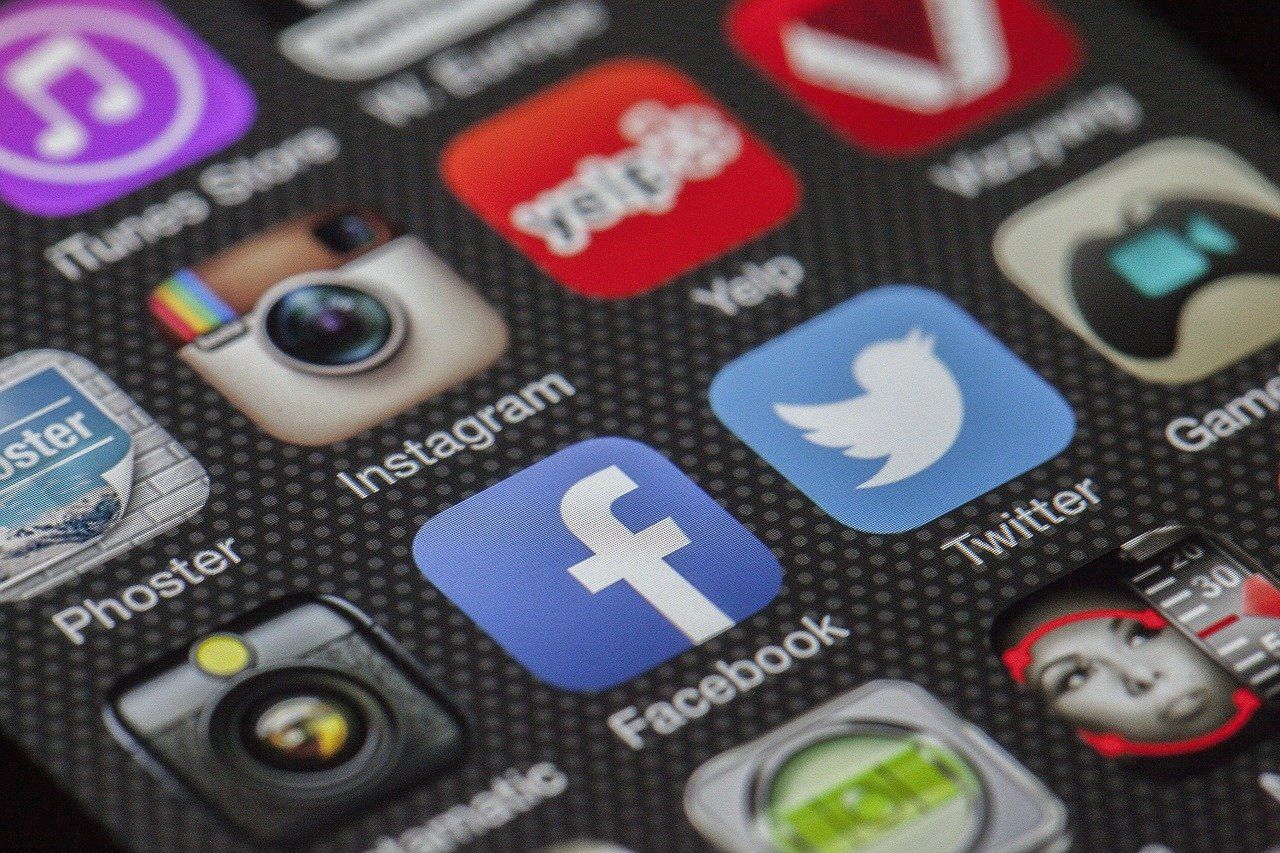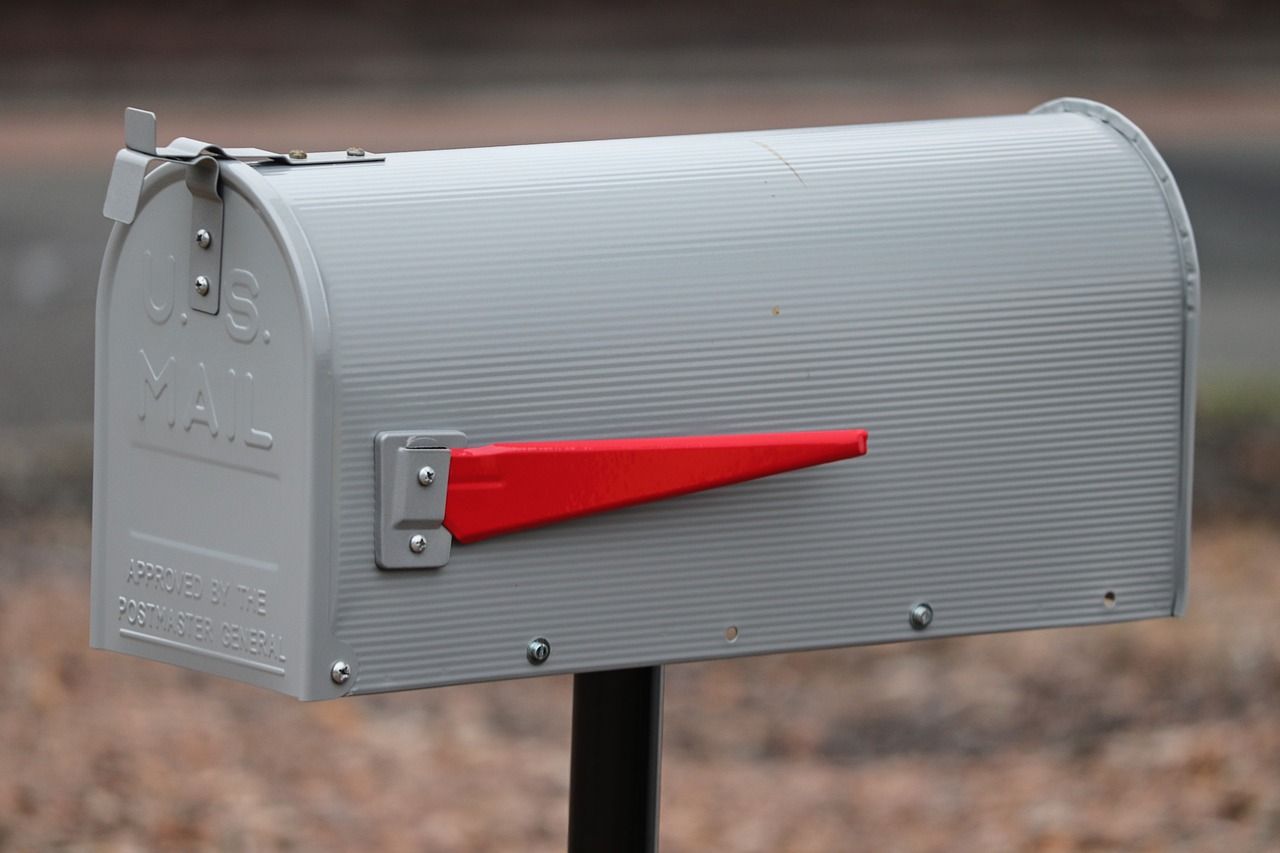Doxxing is the practice of figuring out the identity of a user and then posting their personal information online. In the past, it was mostly performed by hackers. It was also pretty rare and therefore not something that the average person had to worry about.
In recent years, however, it’s become a lot more widespread. It’s now a threat that’s carried out daily and often with very little cause. So how can you protect yourself from doxxing?
Why is Doxxing Harmful?
If you’re not a particularly private or controversial person, doxxing might not seem like a big deal. But the reality is that it can be used to hurt just about anyone.
When personal information is made public, it opens the doors to both identity theft and harassment. If you’ve ever given a personal opinion, your words can be manipulated to harm your professional life.
And then there’s swatting, the act of getting armed police to show up at your door.
How to Protect Yourself Against Doxxing
If you’d like to protect against doxxing, here are 10 ways to make things as difficult as possible for anybody that tries.
1. Use a VPN
Whenever you connect to the internet, your IP address is recorded. An IP address alone cannot be used to identify you but it can give away your approximate location.
A Virtual Private Network (VPN) allows you to connect to the internet without revealing your IP address. It also encrypts all of the data going to and from your computer. This protects against things like packet sniffing which can be used to read every word you type online.
A VPN doesn’t make you completely anonymous but it is an important step towards getting there.
2. Don’t Share Personal Information
Most people are smart enough not to post their address or social security number online. But at the same time, the average person is more than happy to post minor information—and a lot of it.
Over time, all of these small details can add up. And before you know it, your online history starts to paint a picture of a unique person.
Before sharing something about yourself online, always ask yourself how that information could potentially be used against you.
3. Be Careful What Files You Upload
Most word processors are designed to record certain information whenever a file is created. Word files, for example, typically include the name of the user who created them.
Most smartphones are designed to do the same thing whenever a photo is taken. For example, you can usually tell what phone was used to take a photo, when it was taken, and, if GPS is enabled, where it was taken.
Any one of these things can turn an otherwise anonymous file into something that has your identity very much attached to it.
4. Audit Your Post History
You’ve decided to be careful about what you say online; now it’s time to look for personal details that you might have shared in the past.
Make a list of the places where you might have overshared and go through each account carefully. Look at both your account profiles and your post history for any information that could potentially be used against you.
5. Check Your Privacy Settings on Social Media
Social media is obviously ideal for doxxing. Most platforms now give you complete control over what strangers can and cannot see. The catch is that all of these settings are typically turned off by default.
If you’re concerned about doxxing, simply visit the privacy settings of your favorite platforms and limit access to those that you know and trust.
6. Search for Yourself on Google
Just because something that you said once has now been deleted, this doesn’t mean that Google won’t keep a record of it. It’s also possible, even likely, that you’ve missed a few places.
To find out just how much information is available about you online, simply search for your name.
Depending on what you find, you may be able to delete it yourself or you might have to contact the website that it's published on. Google also allows you to report certain content and they will remove it for you.
Google has a guide on how to remove personal information.
7. Remove Yourself From Data Broker Websites
Data brokers make money by basically collecting as much information as they can about people. You might think that nobody cares about your contact details but a quick visit to one of their websites will prove otherwise.
The good news is that since GDP was introduced, it’s now easy to opt out.
8. Use Pseudonyms
If you’re a member of multiple websites, consider using a different name for each one. Most doxxing attempts involve the collection of information from multiple sources. And this becomes a lot harder to do if all of your accounts are separate.
Keep in mind that a unique set of attributes such as hobbies or quotes can render this technique ineffective.
9. Stop Using Your Personal Email
If your personal email includes your real name, it should only be used on websites that you trust to have that information.
If you want to buy something online, you’re probably going to have to hand over your real name. But it’s often easy to avoid doing so on social media and message boards.
Keep in mind that even reputable websites have security breaches. And every time you give out your name voluntarily, you are taking an unnecessary risk with your identity.
Having different email addresses for different websites also greatly reduces the chances of your more important accounts ever being hacked.
10. Don’t Use Facebook or Google Login Buttons
Many websites now allow you to register using your Facebook or Google account. This is obviously convenient but it also gives the owners of such websites a lot more information than they need to have.
If your Facebook or Google account has your real name, job, city, or phone number, all of these details are typically being handed out automatically whenever you sign up this way.
By signing up manually instead, you can decide exactly what information you want to share.
Make Yourself Harder to Doxx
The rise in doxxing is a worrying trend and it’s something that all internet users should be aware of. Unfortunately, regardless of how careful you are, it’s very hard to defend against completely.
The good news is that by following these tips, you can both reduce the odds of it occurring and greatly reduce the potential damage if it does.






